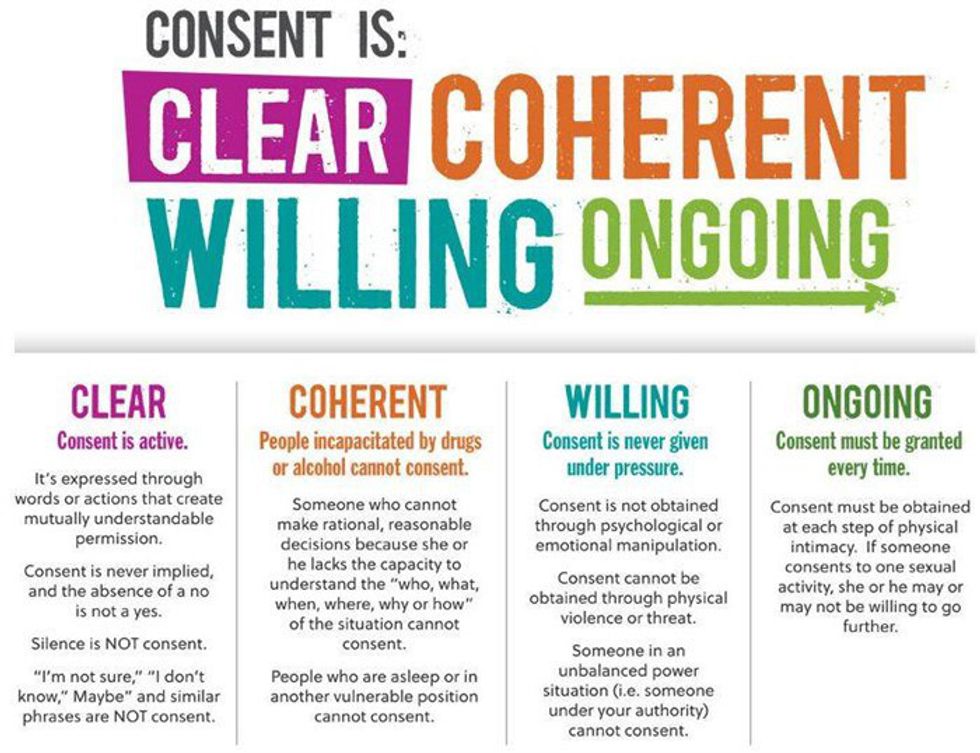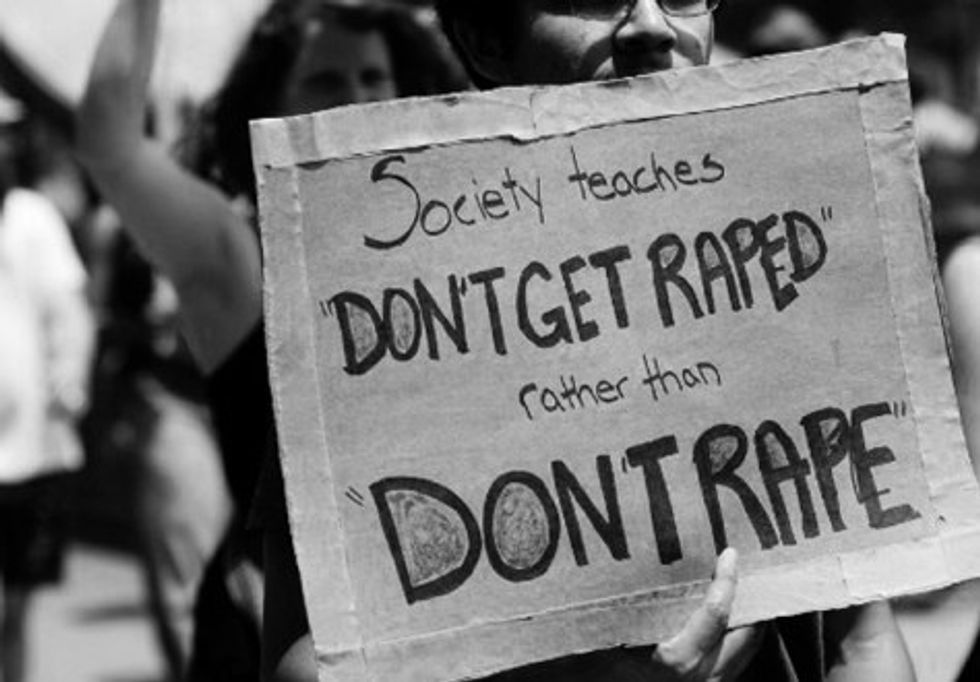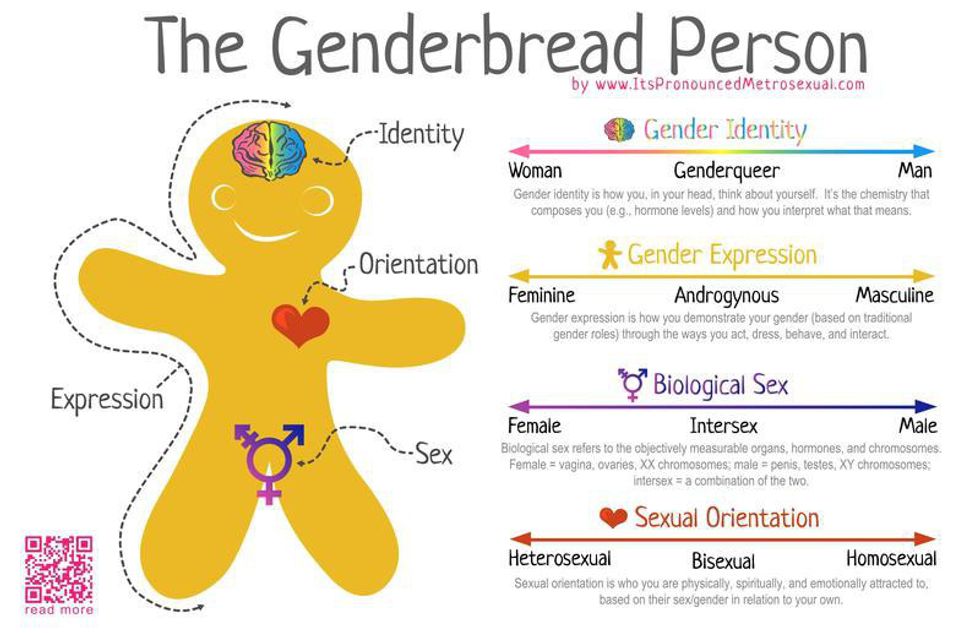During my sophomore year of college, I dreaded a required course called Gender, Power and Difference in my school's Women and Gender Studies Department. I had no interest in the class and wanted to just continue with my normal route of study. However, I was so entirely wrong about this course, my classmates, my professor and the impact that Women and Gender Studies would have on my life. I learned so much about myself, how I want my life to be and this course eventually changed my entire career path working towards helping minority groups, striving for equal rights for women and so much more. For those of you who are new to feminism, or think that it excludes people who are not women, then you are very mistaken. Sometimes doing research and taking courses on the topics is not an option. So, here are some of the basics, hopefully it spikes your interest the way it spiked mine.
1. Feminism: the belief in the social, economical and political equality of the sexes.
This DOES NOT MEAN that women get more, are more, or have more than any other gender. This means that ALL genders have the EQUAL ability to achieve everything they want and if they do achieve it, they can be equally paid, equally considered for promotions based on their abilities.
According to the Institue for Women's Policy Research, women, on average, earn less than men in virtually every single occupation for which there is sufficient earnings data for both men and women to calculate an earnings ratio. In 2015, female full-time workers made only 79 cents for every dollar earned by men, a gender wage gap of 21 percent.
2. Intersectionality
The interconnected nature of social categorizations such as race, class, and gender as they apply to a given individual or group, regarded as creating overlapping and interdependent systems of discrimination or disadvantage.
*According to the Oxford Dictionary*
After understanding feminism it is important to understand intersectionality and viewing the world with an intersectional "lens." By discussing race you also have to discuss gender, sexuality, class and all the different aspects of aspects that create oppression because they are all interconnected.
For example, people of color have less privilege than white people. However, women of color have less privilege than men of color. The list goes on and on as such.
3. Race and White Privilege
Now in this particular case I would like to discuss white privilege because I don't feel that I can talk about the experiences of people of color as a white woman. However, I can discuss my acknowledgment of my own privilege.
If you believe you need some help understanding this (it can be really challenging as a white person to acknowledge and own that we have these privileges while others do not), I started to understand white privilege by readingthis article.
This article titled White Privilege: Unpacking The Invisible Knapsack by Peggy McIntosh shows small things that we take for granted as white people. For example, nude colored items like bras, underwear, tank tops, spanx, foundation/makeup, band aids and so much more. By learning that White Privilege exists we are able to use our access to help those without privilege.
4. Consent/Cat Calling/Sexual Assault and Rape:
Consent: If it's not a YES, it's a NO.
Sexual Assault and Rape: No one should have to live in fear because of what they are wearing, how much they have had to drink, where they are, who they walk past, etc. We should be teaching our children NOT to rape instead of telling them to carry mace, a rape whistle, shaming them for how they dress and how to act when they go out.Check out the It's On Us campaign to see videos about what we can do to prevent sexual assault and rape.Cat Calling: It's not cute or flattering, it's objectifying.

5. Gender and Sexuality:
Something that has always helped me is the Genderbread Person attached below:
Most importantly, we do not have the right to judge anyone else based on something that we do not fully understand or something we are going to. Whether or not, you understand or agree with the idea of Gender and Sexuality.
In my life, feminism has taken a huge place in my heart and all the topics discussed above have been something I have always been extremely interested in and something I want to base my life's work around. I think that it's important for everyone to research and discuss these ideas and leave an open forum for discussion to learn more about themselves and the others around them. I hope this was able to help you learn more about feminism and Women and Gender Studies. Take this opportunity to learn more!













 The minimum wage is not a living wage.
StableDiffusion
The minimum wage is not a living wage.
StableDiffusion
 influential nations
StableDiffusion
influential nations
StableDiffusion












